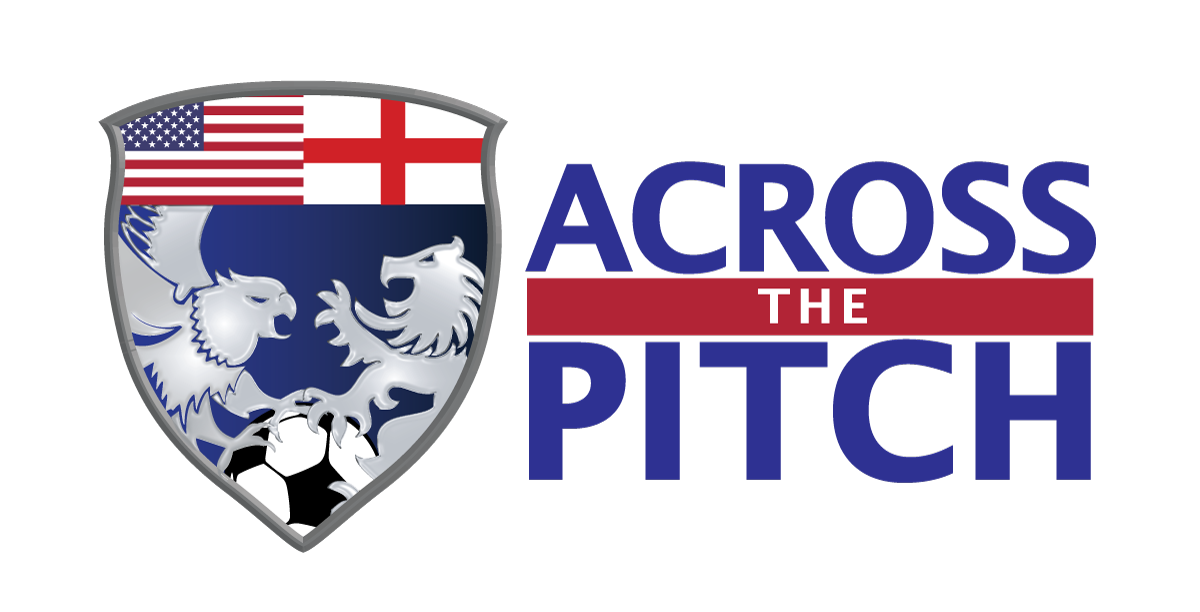The Ups and Downs of Promotion and Relegation

Understanding how teams can possibly be shunted from the “major league”
Arran Airs
Possibly one of the most interesting aspects of the English professional leagues – and baffling from an American standpoint – is promotion/relegation.
Put simply, each year, the three teams with the lowest points at the end of the season (in the Premier League) are sent down to the league below – this is called relegation. Three teams from the EFL Championship, the second tier, are promoted up to the Premier League.
Just have a think about that for a moment: could you imagine the Orioles, Royals and the Rangers being relegated from the MLB down to AAA? Promotion would therefore see the Triple A teams Lehigh Valley IronPigs, Memphis Redbirds and Durham Bulls playing against the likes of the Yankees and Dodgers.
It’s not all happy days
You’d be right in assuming that the newly promoted teams have a difficult time in the higher league. Smaller stadiums, less revenue and a lack of recognition (think: shirt sales and the ability to buy big-name players) usually ensure they head straight back down to the league below. 44 percent of teams promoted to the Premier League are sent back down at the end of the season – but that does mean that there are teams that have been in the Premier League for at least two years that have the misfortune of being relegated. And some of those are not small clubs.
Have “big teams” ever been relegated?
In recent years, Newcastle United, Aston Villa, Sunderland and Blackburn Rovers (one of only 6 teams to have won the English Premier League) have all been victims of “the drop”. Manchester United were relegated in 1974. Even Titleholders, Manchester City, were relegated as recently as 2001. It’s not all one-way traffic. There have been stories of promoted teams earning their stripes. Most recently, Leicester City, promoted in 2014 after a 10-year absence, famously won the league in 2016 as 5000/1 outsiders. So far outside, that only 47 people placed bets on them winning the League at the start of the year!
So back to the question: could you imagine an American sport having promotion and relegation?
The answer is, in the Major Leagues, no. A resounding no.
First off, the NFL franchise owners would never see their investment (and potential earnings) slip off the mainstream television rights. The players may like it, in that it expands their career fortunes, but that would put the NCAA out of business. So yeah, no.
There’s a potential for it to happen in the MLS, but see the argument above about owner investment/big babies.
Why does it happen in the English Premier League?
Well, that goes all the way back to 1888 when a group of North and Midlands teams (including our favs, Accrington Stanley) decided to pitch together to promote a professional (i.e. paid) league. It was an unbridled success, prompting more teams to apply to the newly founded league. Expansion from the original 12 teams to 28 by 1892 saw the need for divisions based on merit. Promotion and relegation was born. By 1920, there were three divisions. This system of promise and punishment; despair and retribution is at the heart of English Football.
There is no club “too big to fall”
Take, for instance, when Aston Villa and Nottingham Forest play each year, it’s the only time former European Cup winners have ever faced off in a second division conference. The upshot of this of course, for teams and fans alike, is that there is no such thing as “tanking” in English Football. No first-round picks. No throwing matches.
Either end of the table (usually) has something to fight for – whether that be the fight for the title (or European places) – or the fight to stay in the top flight. The competition is alive until the very last day. It’s one of the things that makes the sport unique and one that keeps fans glued to their seats right until the dying echo of the season’s final full time whistle.
For those fans and teams that feel the anguish of relegation, amongst the tears, there is resolute hope that they will rebound into the higher league next year. For those teams that experience the elation of promotion – a new era of potential glory beckons.
It’s emotion. It’s a roller coaster. It’s magic. It’s football.
